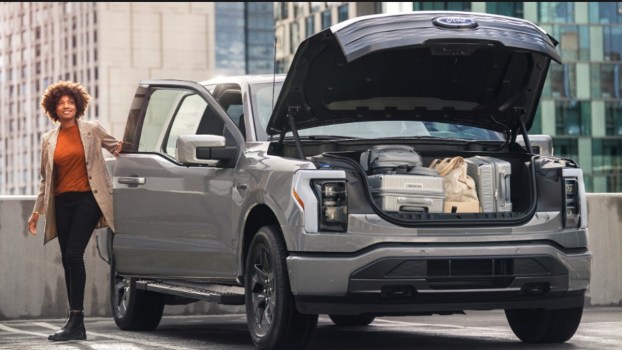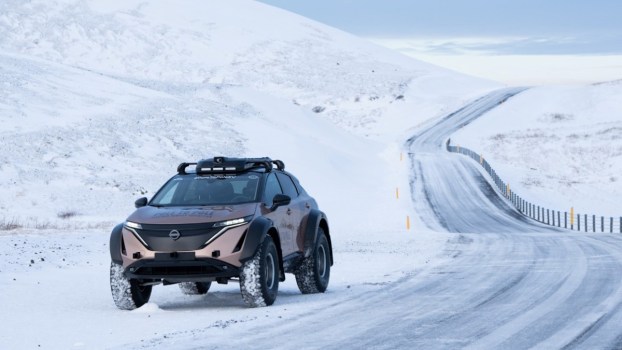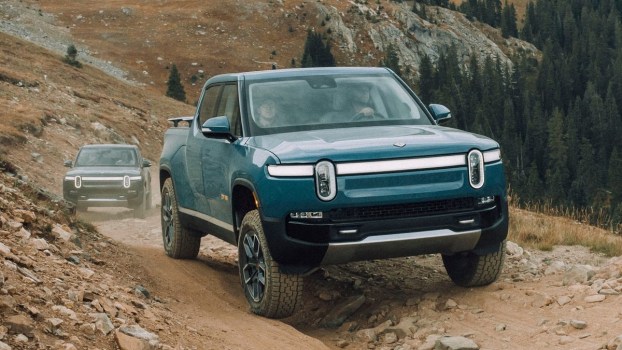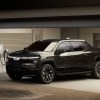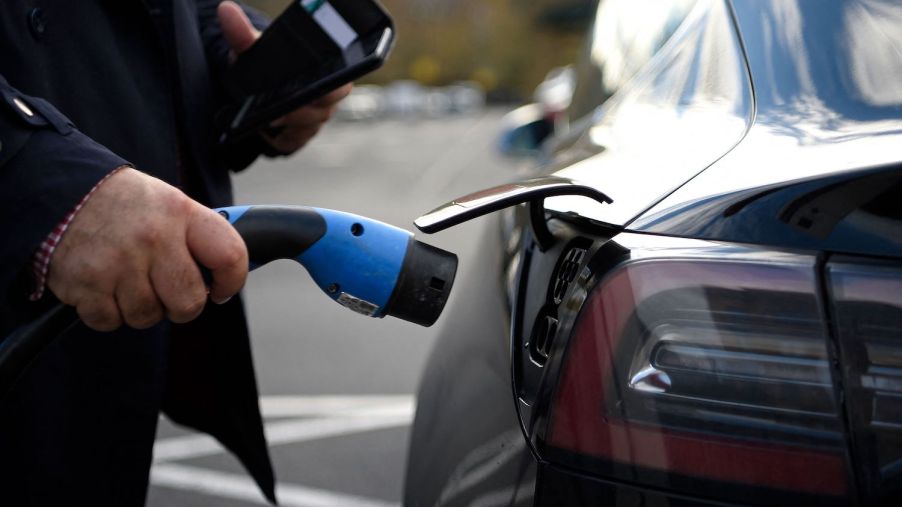
Are We Being Lied to About Electric Cars?
Change of any kind almost always creates a divide among people. One group embraces the change; the other would rather continue onward. Most of us have never driven electric cars, which is the great change looming over us right now. Are we being lied to about EVs, or are they actually better for the environment than traditional gasoline-powered vehicles?
Are electric cars worse for the environment than gasoline-powered cars?
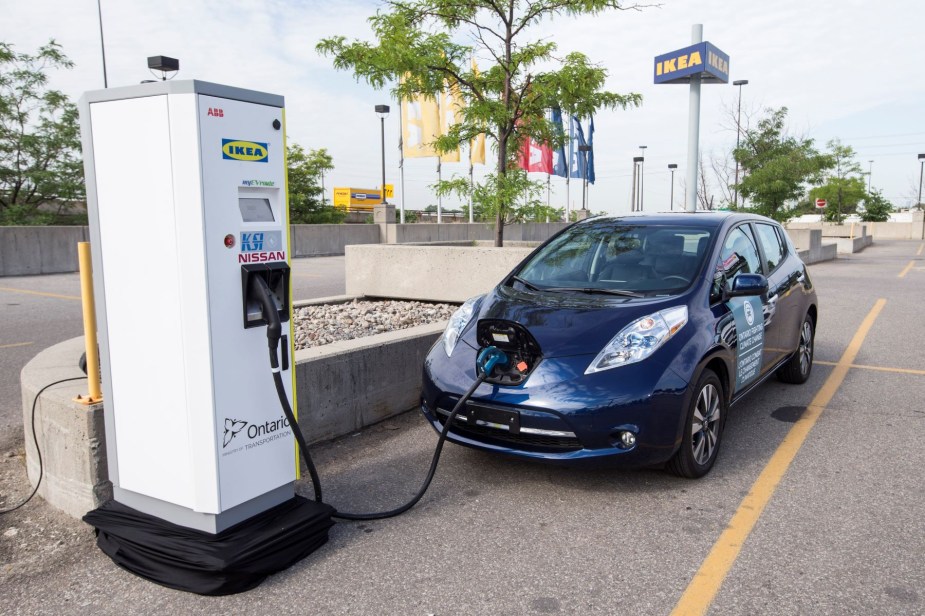
Many want to argue that the process of building EVs is more harmful to the environment than the process of building gas-powered cars. Those people think this is correct. If electric vehicles were only built and not driven, they would always be more harmful to the environment than traditional internal combustion vehicles.
Strangely, EVs aren’t built to just sit and not be driven. The same is true for internal combustion vehicles. If an ICE vehicle starts ahead in the manufacturing process, how long will it take for electric cars to surpass them? That timeframe is much shorter than you might think. The New York Times tells us this time is less than two years for all EVs versus similarly sized ICE vehicles.
Aren’t coal-powered EVs more harmful than gas-powered vehicles?
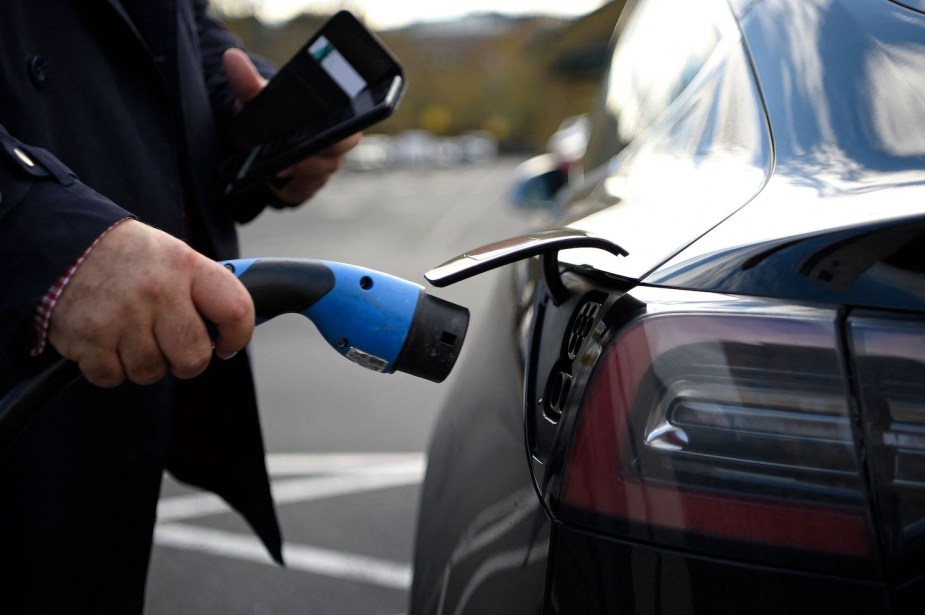
Strangely, the answer is no. Even if all the electricity produced for electric cars came from coal-burning processes, electric vehicles are less wasteful than ICE vehicles.
MotorTrend provides an in-depth study to show that only 16 to 25 percent of the energy from burning gasoline goes to the wheels. This is a massive loss due to the inefficiencies of burning gasoline.
On the other hand, electric cars send between 87 and 91 percent of the energy from the battery to the wheels. Some of that energy is recaptured through regenerative braking. This recapturing of energy reduces the amount of loss for EVs.
If we replaced all gasoline-burning with coal burning, the energy usage reduction would reach 31 percent. Currently, Americans use nearly 9 million barrels of oil every day but switching to EVs charged only with electricity produced through coal-burning processes only requires the equivalent of 6 million barrels of oil. This is a huge difference.
Couldn’t hybrids bridge the gap with regenerative braking?
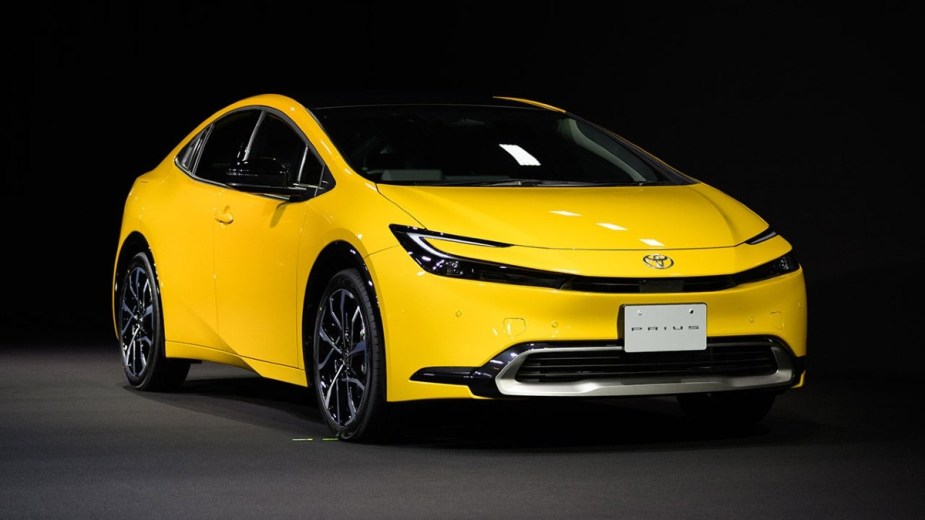
Certainly, hybrid cars, with their regenerative braking, offer some of the best aspects of electric vehicles and ICE models. A hybrid vehicle with regenerative braking reduces energy loss by sending power back to the electric batteries, but this doesn’t make the hybrid vehicle more energy efficient than electric cars.
Where do we need to see changes for electric vehicles to be even better?

EVs are better for the environment from the time they hit the road. Most drivers don’t keep their vehicles for only a couple of years, but much longer, which means they surpass the negative EV marker.
The greatest change we need is in the power grid. Instead of blaming EVs for changing the name of the game, the power grid should be upgraded to be more environmentally friendly. Currently, the makeup of the grid is:
- 38 percent natural gas
- 22 percent coal
- 20 percent renewables
- 19 percent nuclear
- 1 percent other
Using these numbers, we see that 39 percent (adding renewables and nuclear together) of the grid is entirely emissions-free. We also see that only 22 percent of the entire grid is coal, which doesn’t support the argument to blame electric cars for coal burning in the grid.
You’re being lied to if you’ve been told that EVs are more harmful to the environment than traditional ICE vehicles.
Next, check out how dealers offer a smooth transition to EVs, or learn more about electric cars in this video below:
This article was updated on 2/20/2023.
